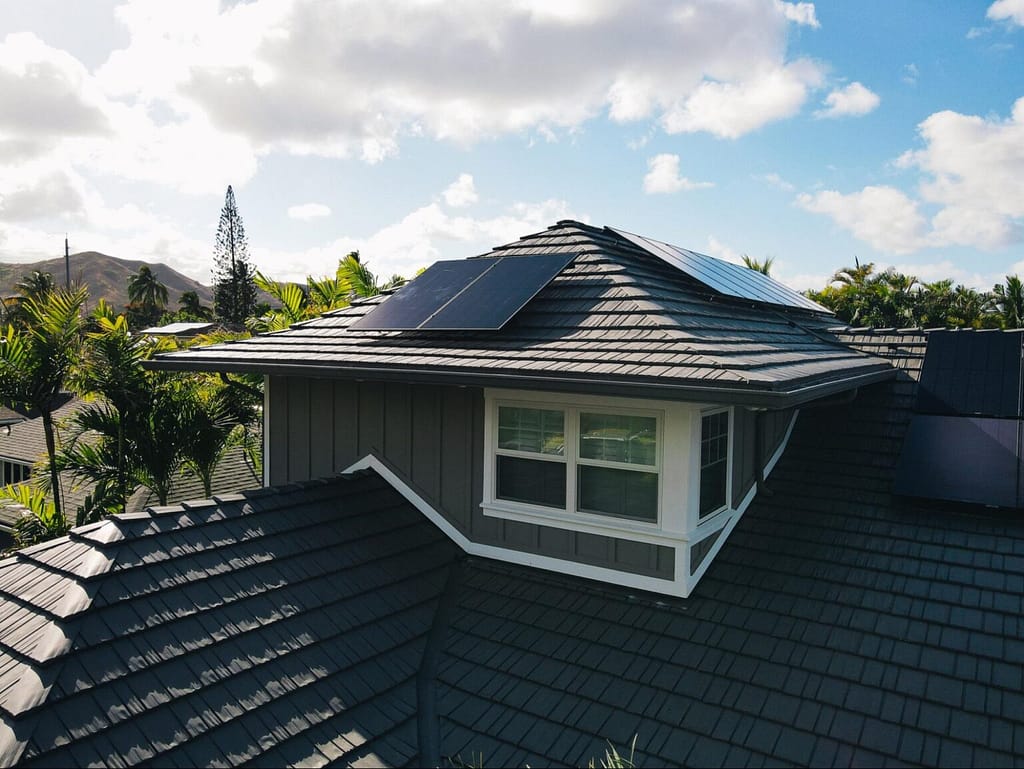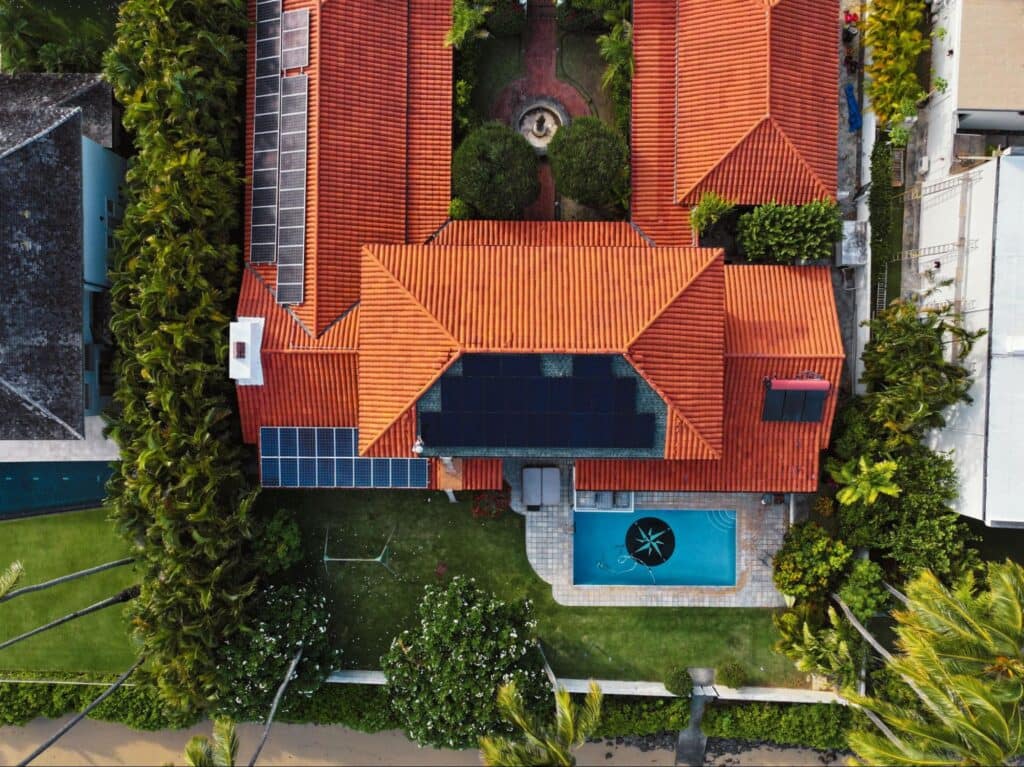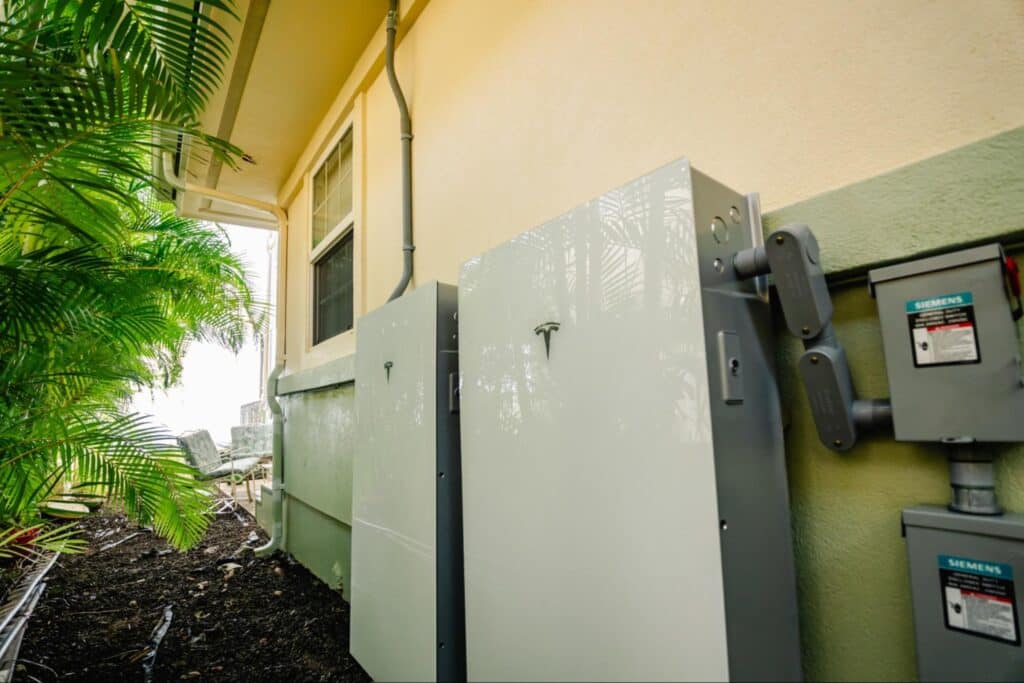5 Ways to Lower Your Electric Bill After Going Solar

Switching to solar energy can drastically reduce your monthly electric bill, but there are still steps you can take to maximize your savings even further. Whether you’ve already made the switch or are considering it, it’s important to understand how to use your system effectively. By optimizing your energy consumption and incorporating smart habits, you can reduce costs and increase the efficiency of your solar setup. Here are five practical ways to ensure you’re getting the most out of your solar system.
Optimize Your Energy Usage
Maximizing solar savings doesn’t just depend on the size of your system; it also involves when and how you use electricity. Many utility companies implement off-peak pricing to encourage energy consumption during non-peak hours. By running energy-intensive appliances like dishwashers, washing machines, and dryers during the day when your solar panels are generating power, you can avoid drawing electricity from the grid during more expensive evening hours. This strategy helps you utilize the energy you’ve already produced, which can lead to substantial savings on your electric bill.
Understanding your utility’s peak and off-peak hours, and adjusting your usage habits accordingly, can make a significant difference in your monthly energy costs.
Monitor and Maintain Your Solar Panels

To keep your solar system operating at peak performance, regular monitoring and maintenance are key. Solar panels are relatively low-maintenance, but they do require periodic inspection and cleaning to avoid inefficiencies. Dirt, debris, and even bird droppings can accumulate on the surface of the panels, blocking sunlight and reducing energy production.
Consider scheduling an annual inspection and cleaning to ensure that your system is functioning optimally. Check for any issues such as loose wiring or shading from overgrown trees. Monitoring your system’s energy output regularly can also help identify any performance drops early, potentially saving you money on future repairs.
For more information, explore our Solar System Maintenance page and read Do My Solar Panels Need to Be Cleaned?
Be More Energy Efficient
While solar power can significantly reduce your energy bill, integrating energy-efficient habits and appliances into your home can take your savings to the next level. Simple adjustments like turning off lights and electronics when not in use, using smart thermostats, and replacing traditional light bulbs with energy-efficient LED alternatives can lower your overall electricity consumption.
Additionally, upgrading to energy-efficient appliances, such as refrigerators, air conditioners, and water heaters can further reduce the demand on your solar system. Many of these upgrades may qualify for tax credits, so it’s worth researching available rebates and incentives for home upgrades.
Store Your Extra Solar Energy
One of the greatest advantages of solar energy is the ability to store excess power for later use. Installing a solar battery allows you to store the energy generated during the day, so you can use it when the sun isn’t shining, such as at night or during peak hours when grid energy is more expensive.

With a solar battery like the Tesla Powerwall, you can store any unused electricity generated by your solar system and use it when your panels aren’t producing, which helps keep your electric bill low. In addition to providing backup power during outages, this setup allows you to become more self-sufficient and reduce reliance on the grid.
For more details on solar storage, check out our Solar Batteries page.
Address Lifestyle or Seasonal Changes
Changes in your lifestyle or the seasons can have a significant impact on your energy consumption. For example, a growing family, working from home, or the addition of a new baby can all increase the amount of energy you use. Similarly, extreme weather, whether hot summers or colder winters, can drive up your energy needs for heating or cooling.
To avoid unexpected spikes in your electric bill, monitor your energy usage during these times and adjust accordingly. Consider utilizing your solar energy more efficiently during peak usage periods or investing in additional solar panels or battery storage if your needs have increased. Being mindful of these seasonal or lifestyle changes can help you maintain a low electric bill, even as your energy consumption fluctuates.
Ready to maximize your solar savings? Contact Independent Energy Hawaii today to discover how we can help you optimize your solar system for greater efficiency and lower electric bills. Let our team of experts guide you every step of the way toward a more sustainable and cost-effective energy future.